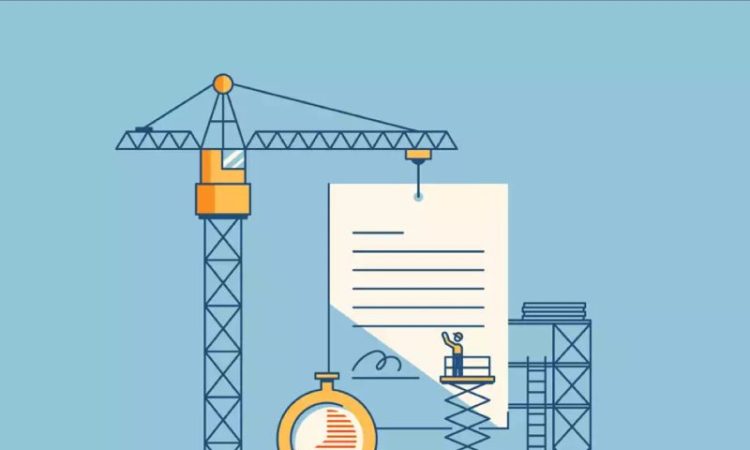
The “Mechanics Lien Indiana Guide” provides comprehensive insights for construction professionals seeking to secure payment for their work in Indiana.
It addresses the common challenges faced by contractors, subcontractors, suppliers, and other construction professionals when payment is delayed or withheld for labor or materials supplied to a project.
By utilizing a mechanics lien, these professionals have a powerful legal tool to ensure they receive what they are owed.
A mechanics lien in Indiana serves as a legal claim against a property, ensuring that individuals who have contributed to its improvement are compensated.
The guide emphasizes the importance of adhering to Indiana’s specific mechanic’s lien laws, which have stringent requirements and deadlines.
Even minor mistakes in the filing process can lead to a loss of lien rights, which makes understanding and properly following these regulations critical.
To file a mechanics lien in Indiana, eligible parties must first serve a preliminary notice to the property owner.
The lien must be filed within 60 days for residential projects or 90 days for commercial projects after the work is completed or the materials are supplied.
Detailed information must be included, such as the claimant’s name, the amount owed, and a legal description of the property.
The lien is then recorded with the county recorder’s office, and a copy must be served to the property owner within five days of filing.
The lien is valid for one year from the filing date. If payment is not received within this time, the lienholder must file a foreclosure lawsuit to enforce the lien. If no legal action is taken within the one-year period, the lien expires, and the right to enforce payment is lost.
Properly filing and enforcing a mechanics lien is vital to securing payment for construction professionals operating in Indiana.
The guide also discusses the benefits of filing an Indiana mechanics lien, including the security it provides and the leverage it offers during negotiations.
By having a lien on a property, claimants can motivate property owners to settle the payment dispute to clear the title. In cases where negotiations fail, the lien offers a clear legal pathway to pursue payment through the courts.
To be eligible for filing a mechanics lien Indiana, contractors, subcontractors, laborers, material suppliers, equipment lessors, and design professionals who contribute to a construction project can file a lien.
These parties must meet specific legal requirements, including providing a preliminary notice and filing the lien within the statutory timeframes. The lien document itself must be precise and complete to ensure its validity in the event of enforcement.
Understanding the consequences of lien expiration is also crucial. If a lien expires without enforcement, the lienholder loses their secured interest in the property and can no longer seek payment through foreclosure.
This also clears the property’s title, removing any encumbrance caused by the lien. However, lienholders can still pursue other legal actions, such as a breach of contract lawsuit, even after the lien expires.
The guide walks readers through the process of filing a lien in Indiana, from identifying the property to submitting the required documentation and providing notice to the owner.
If needed, professional assistance from experts such as CRM Lien Services can simplify the process. By ensuring all steps are correctly followed, claimants can protect their financial interests and maximize the chances of successful payment recovery.




